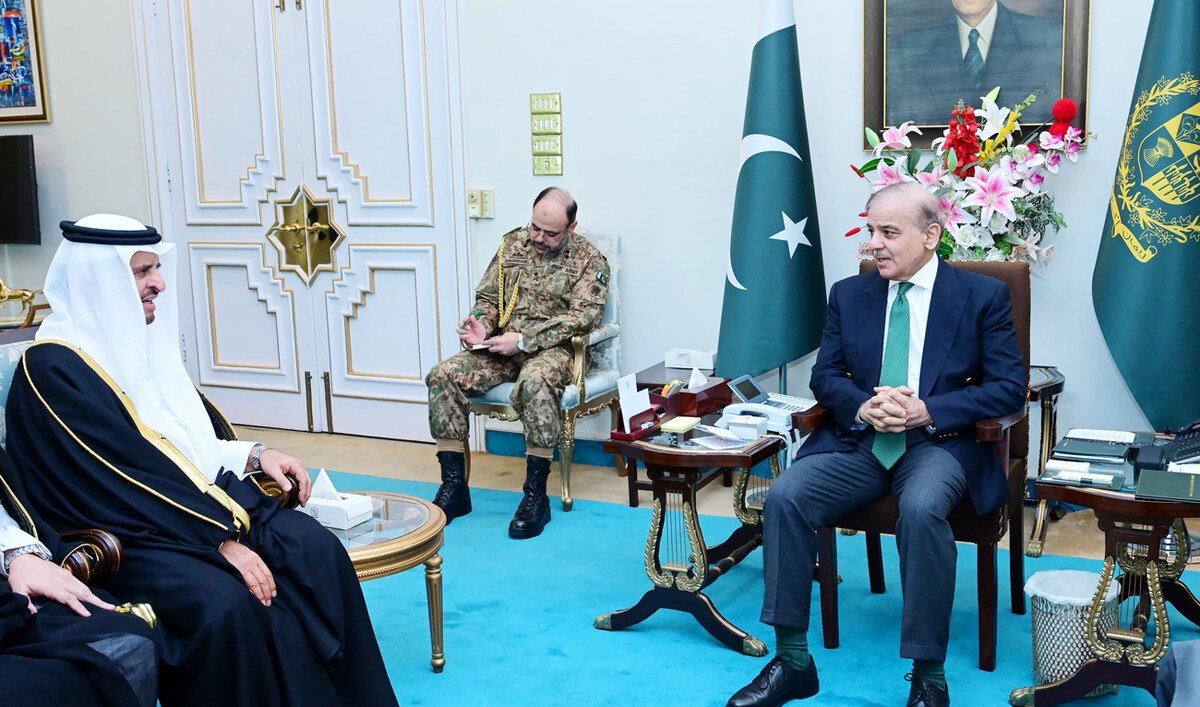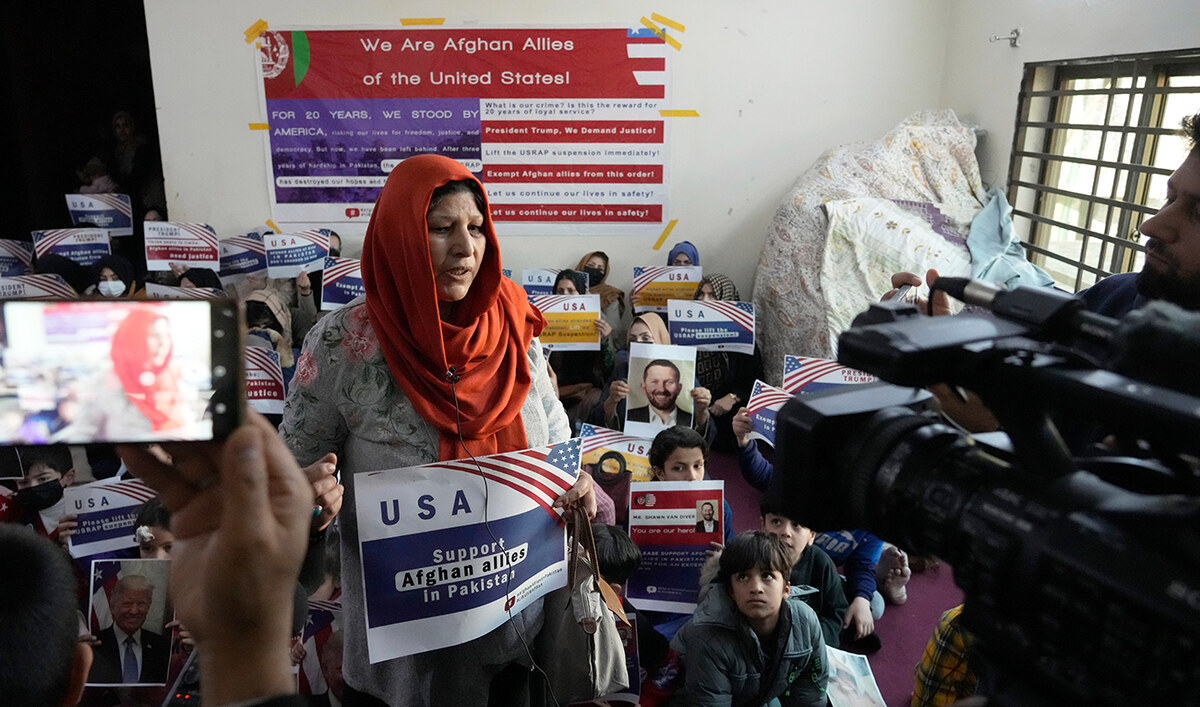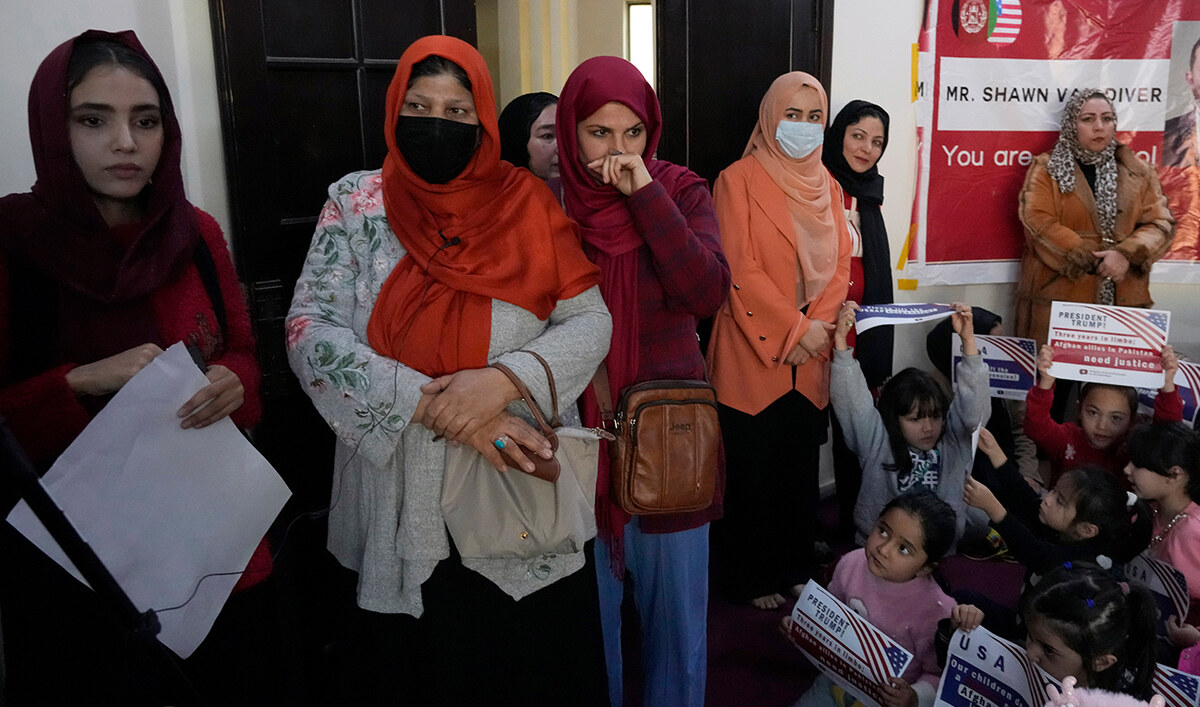ISLAMABAD: Pakistan’s Prime Minister Shehbaz Sharif met Saudi Arabia’s Deputy Interior Minister Dr. Nasser bin Abdulaziz Al-Dawood on Tuesday, with the premier expressing satisfaction over the implementation of recently signed business agreements between the two countries worth $2.8 billion, his office said.
Pakistani and Saudi businesses signed 27 memorandums of agreement (MoUs) worth $2.2 billion on Oct. 10 during the Saudi investment minister’s visit to Islamabad. The Saudi minister announced on Oct. 30 whilst Sharif was visiting the Kingdom that both sides had agreed to enhance the number of business agreements from 27 to 34 and increase their value from $2.2 billion to $2.8 billion.
Al-Dawood called on PM Sharif in Islamabad where the two leaders discussed bilateral relations, the Prime Minister’s Office (PMO) said. During the meeting, Sharif thanked the Saudi leadership and government for always supporting Pakistan.
“The Prime Minister expressed his satisfaction over the implementation of MoUs between Saudi Arabia and Pakistan with regard to Saudi Investment of 2.8 billion USD in Pakistan,” the PMO said.

Saudi Deputy Interior Minister Nasser Al-Dawood meets Pakistan Prime Minister Shehbaz Sharif at the Prime Minister Office in Islamabad on November 19, 2024. (Photo courtesy: PMO)
The two sides also discussed the escalation in tensions in the Middle East and Israel’s war on Gaza. Sharif appreciated the Saudi leadership for holding the Arab-Islamic Summit this month and praised Saudi Crown Prince Mohammed bin Salman’s stance on the Palestine issue.
“The Prime Minister applauded the leadership role of Saudi Arabia and the efforts of HRH Crown Prince Mohammed bin Salman in unifying the Ummah to collectively seek an end to violence in Gaza due to Israel’s genocidal actions,” the PMO said.
Speaking on the importance of defense ties between Pakistan and the Kingdom, Sharif Al-Dawood’s visit would help bring the two countries closer in terms of cooperation in these areas.
Pakistan has increasingly sought to strengthen trade and investment ties with friendly nations, particularly the Kingdom, which has promised a $5 billion investment package that cash-strapped Pakistan desperately needs to shore up its dwindling foreign reserves and fight a chronic balance of payment crisis.
Sharif has actively pursued economic diplomacy in the region in recent months, seeking more investments and enhancing trade and regional connectivity for Pakistan. The South Asian country has sought to leverage its position as a transit and trade hub connecting landlocked Central Asian countries with the rest of the world and also pushed for mutually beneficial economic partnerships with Gulf countries.




















